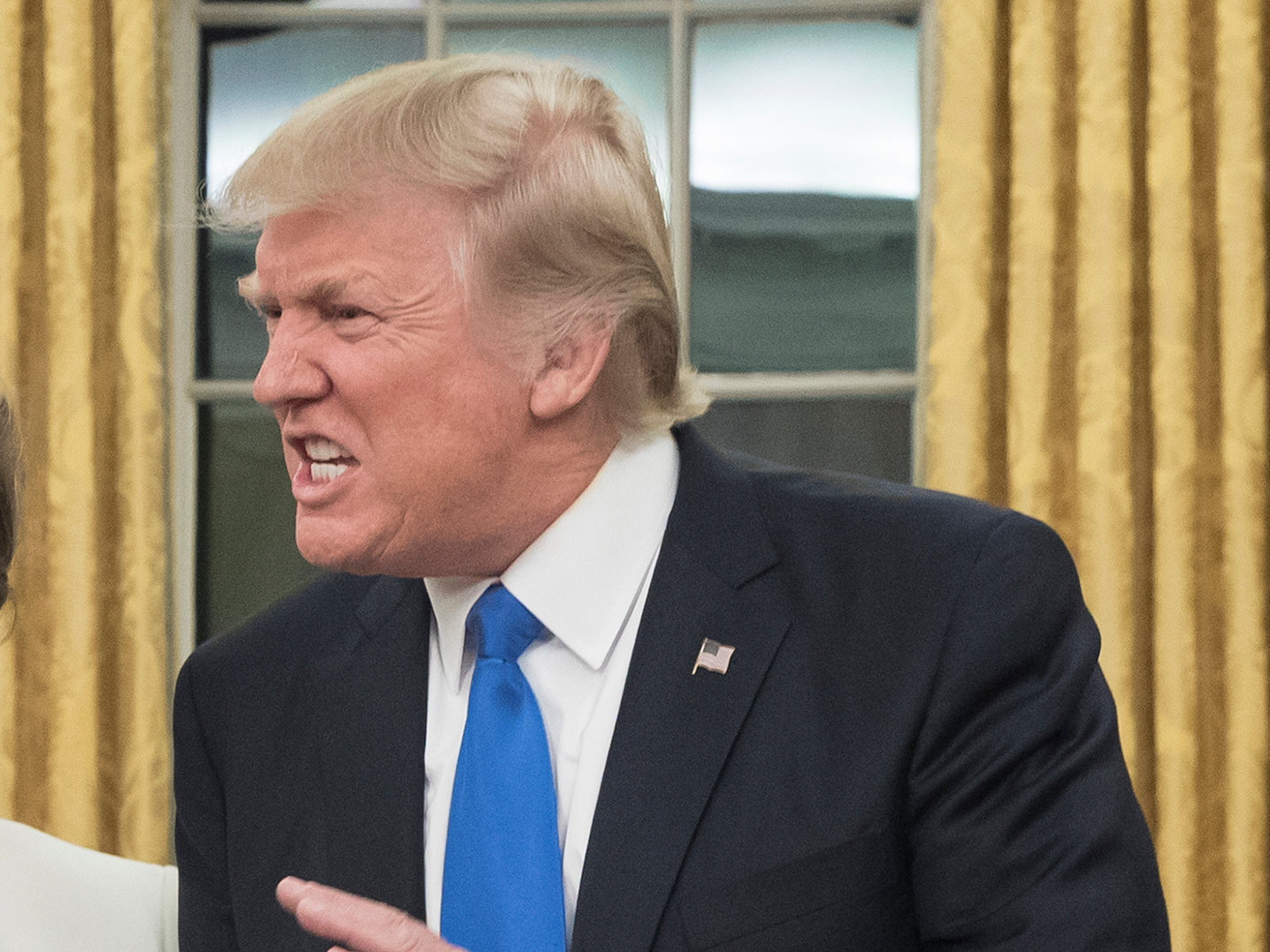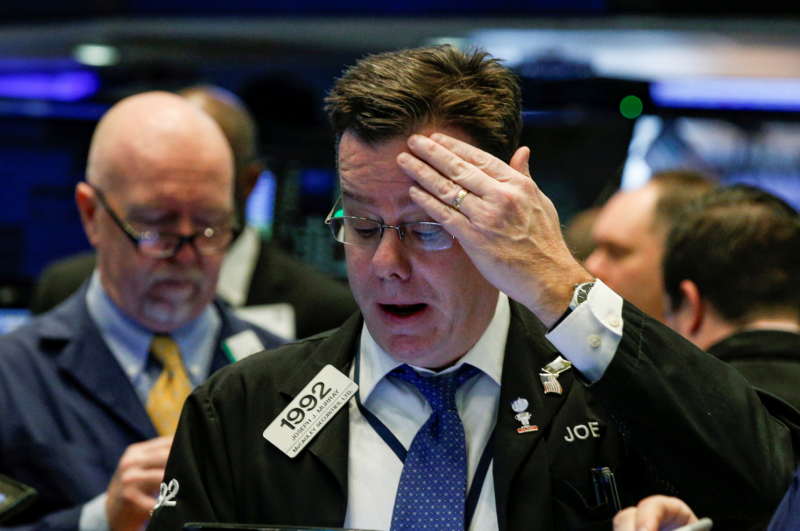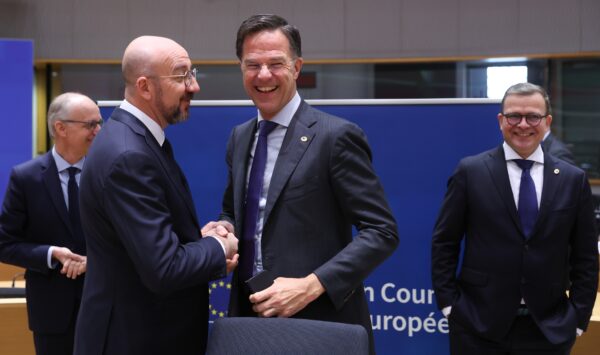Albert Edwards, the über-bearish strategist at Societe Generale, thinks President Donald Trump may be on to something with his economic policies.
“The Donald Administration might be a neo-liberal nightmare, but stripping away some of his more controversial rhetoric on immigration, a lot of what he says on the economic front makes perfect sense to me,” Edwards wrote in a note to clients on Thursday.
Specifically, Edwards is a fan of two Trump ideas: deregulation of US businesses and accusing Germany of currency manipulation.
On the latter, Edwards said Germany was “one of the biggest currency manipulators in the world,” echoing the sentiments of one of Trump’s top trade advisers. That adviser, Peter Navarro told the Financial Times on Tuesday that Germany was using the “grossly undervalued” euro to gain an edge over the rest of the European Union and the US.
“This is not a new issue and it has bubbled to the surface a number of times in recent years,” Edwards wrote. “But whereas both the US Treasury and the EU Commission have merely grumbled but then done absolutely nothing, the Trump Administration seems far more willing to act assertively.”
The bigger focus for Edwards was regulation. The strategist said that while he considered himself "pretty liberal (socialist even)," he thought decreasing regulation was key for economic sustainability.
This does not preclude a government from having a large amount of public-sector spending, Edwards said, adding that more favorable regulation conditions in a country could have a bigger impact on successful economic growth and productivity growth than simple tax and spend.
"The US is a low tax and spend nation that has strangled its corporate sector," Edwards said. "That means the small company sector, which is traditionally the engine for jobs growth, has been struggling."
Edwards thinks Trump has the ability to strip away regulation and drive corporate and economic growth.
Trump signed an executive order on Monday that for every one regulation put in place by the executive branch, two must be rolled back. While this doesn't account for the size of regulations or their impact, it signaled that Trump was serious about campaign promises regarding deregulation to some degree.
Edwards notes that the US is a "respectable" eighth in the World Bank's "Ease of Doing Business" ranking of countries, but that is mostly due to its high marks on companies' ability to "get credit" and "resolving insolvency." However, outside of those two ranks, there is a significant amount of regulation.
"So US companies excel at leveraging up and going bust - great! In most of the other eight categories the US ranking is pretty appalling and if we average them we come up with the US at a lowly 37th position overall," concluded Edwards. "There is much work indeed for The Donald."











